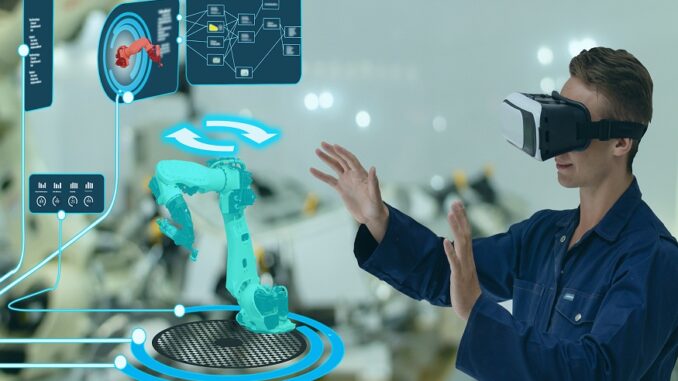
As technology continues to evolve, the legal industry is beginning to explore innovative tools that can enhance the way legal professionals operate. One such tool is virtual reality (VR), which is increasingly being used in legal settings to create immersive experiences that can transform traditional practices. From courtroom simulations to client consultations, VR has the potential to revolutionize the way legal cases are presented and understood. Steve Mehr, attorney and founding partner of Sweet James Accident Attorneys believes that exploring new technologies like VR can help law firms adapt to a rapidly changing legal landscape.
Courtroom Simulations and Training
One of the most promising applications of VR in the legal field is its use in courtroom simulations. These simulations allow attorneys to recreate courtroom environments and present cases in a highly immersive manner. Legal teams can practice arguments, anticipate opposing counsel’s strategies, and prepare witnesses more effectively by using VR. This type of training is particularly valuable for young attorneys who may lack courtroom experience, allowing them to build confidence and refine their skills in a controlled environment.
Moreover, VR can be used to create accurate reconstructions of crime scenes, accidents, or other relevant scenarios. These reconstructions can offer juries, judges, and other stakeholders a clearer understanding of key events, helping make complex evidence more accessible. The ability to walk through a crime scene or visualize an accident from multiple angles can significantly impact the outcome of a case by making evidence more accessible and understandable.
Immersive Client Consultations
In addition to courtroom simulations, VR is also being utilized for client consultations. Traditional consultations often rely on verbal descriptions, photographs, or two-dimensional diagrams to explain complex legal issues. However, VR enables attorneys to offer clients a more immersive experience, allowing them to grasp the nuances of their cases fully. For example, in a personal injury case, a client could use VR to virtually revisit the scene of an accident, gaining a deeper understanding of how the events unfolded.
This level of immersion not only enhances the client’s comprehension but also strengthens the attorney-client relationship. Clients are likely to feel more engaged and informed, leading to better decision-making and greater satisfaction with the legal process.
The Future of VR in Legal Practices
While the use of VR in legal settings is still in its early stages, its potential to transform the industry is significant. As technology continues to advance, we can expect to see even more innovative applications that further enhance the way legal professionals work. For instance, VR could be used in remote depositions, where witnesses and attorneys participate in a virtual environment, reducing the need for travel and improving efficiency.
Steve Mehr of Sweet James emphasizes the importance of embracing emerging technologies to improve client experiences, a commitment that extends to exploring the potential of VR in reshaping legal processes. This commitment to innovation extends to exploring tools like VR, which have the potential to reshape not just client interactions but the entire legal process.
However, with the adoption of any new technology, there are challenges to consider, such as ensuring data security and managing costs. Legal professionals must carefully evaluate the benefits and limitations of VR to determine how best to integrate it into their practices.
Virtual reality is set to become a transformative tool in the legal industry, revolutionizing how cases are presented, how attorneys are trained, and how client interactions are conducted. VR’s immersive capabilities offer a depth of understanding and engagement that traditional methods simply cannot match. By allowing legal professionals to visualize complex scenarios and present evidence more compellingly, VR enhances the effectiveness of legal arguments and the clarity of communication with clients.
Staying at the forefront of technological advancements like VR offers law firms an opportunity to enhance their services and stay competitive in an evolving legal landscape. Embracing these innovations enables firms to deliver more accurate, efficient, and client-focused outcomes. The future of legal practice will increasingly depend on how well firms integrate technologies like VR to meet the evolving needs of the legal landscape.

Leave a Reply
You must be logged in to post a comment.